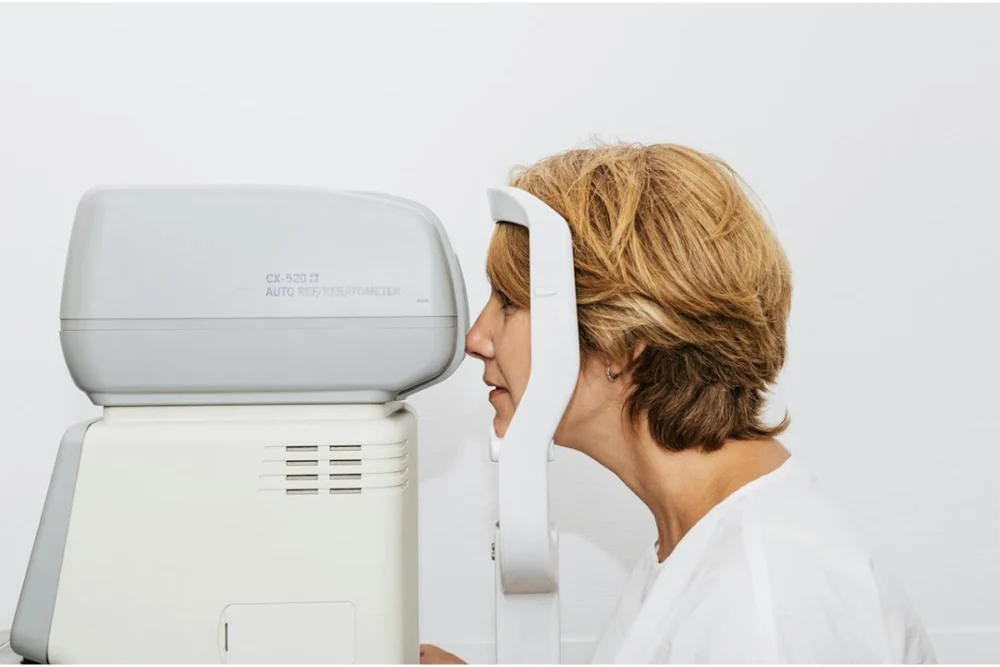MENOPAUSAL and perimenopausal women across Salisbury are being urged to get their eyes examined as optometrists call for more focus on the effects of hormonal changes on eye health.
The plea coincides with World Menopause Day this Saturday (October 18) which will raise awareness of the support available to women and improve the lives of those experiencing symptoms.
While more than half of menopausal women suffer from dry eye, many are unaware that the two can be related.
In keeping with the campaign’s goal, Ferdous Siraj, of Silverthornes Opticians in Catherine Street, Salisbury, is determined to ensure more women are aware of how the menopause or perimenopause may affect their eyes, so any changes are not simply put down to ageing.
Ferdous said: “World Menopause Day is the perfect opportunity to spread the word about how hormonal fluctuations can cause conditions including dry eye, glaucoma and cataracts.
“It is a positive step that there is now more discussion and understanding around the menopause, however, the effects on eye health are still not widely known by women going through this stage of their life.
READ MORE: Growing dental practice looks to move to new site in Salisbury
READ MORE: Tesco Express store planned for Salisbury pub car park
“We urge any women who may be experiencing problems with their vision to book an eye exam. Your unexplained eye issues may just become clearer!”
One of the most common eye conditions associated with the menopause is dry eye syndrome.
This is the result of a decline in hormones, particularly oestrogen, affecting the production of the tear film, which is a mixture of water, oil and mucous that is released every time you blink.
This coating helps to lubricate the eyes and keep them comfortable.
When tear production is impaired, the resulting dry eye syndrome can cause itchy eyes or a gritty feeling in the eye, a burning sensation in the eye, stringy mucus in the eye, red eyes or lack of tears when crying.
Eyesight problems may include blurred vision and sensitivity to light.
Management of dry eye syndrome can include eye drops and lifestyle changes, such as avoiding air conditioning, reducing reliance on contact lenses and taking regular breaks when reading, using a computer or watching television.
Anyone experiencing the menopause or perimenopause and would like to book an eye examination is asked to visit www.silverthornesopticians.co.uk









Leave a Reply